Pheasant Tail Nymph Pattern
The Pheasant Tail Nymph known as PTN this fly originally designed by Frank Sawyer for the chalkstreams of Southern England where he was a river keeper. Designed to imitate several nymph species of the Baetis family known as agile darters. Baetis species are generally referred to as the 'olives'; Rapidly becoming world famous there are many variations of this stuning fly pattern. Sawyer is probably best remembered for the development of the ‘sunken nymph’ fly fishing styles. Sawyer’s nymphs were innovative in that they were tied with fine copper wire instead of silk or thread, we use Semperfli Fine fly tying wires for this. This allowed the nymphs to sink and also gave them a translucent colouring when under water. Frank Sawyer developed the ‘sink and draw’ method of nymph fishing where the nymph is allowed to sink and then made to ‘swim’ towards the surface by drawing in the line or slowly lifting the fly rod tip. This was coupled with the ‘induced take’ where the nymph was made to swim up in front of a fish thereby inducing the fish to take.
Tied with fine copper wire and the tail feathers of the cock pheasant. The PTN is designed as a generic nymph pattern and imitates any of the dark coloured swimming nymphs.
PTN Patterns
Available in Fly Size16.
Gold Tungsten Bead
Available in Fly Size(s)
12, 14, 16, 18 and 20
Available in Fly Size(s)
8, 10, 12, 14, 16.
Available in Fly Size(s)
10, 12, 14, 16.
Available in Fly Size(s)
12, 14, 16.
Available in Fly Size(s)
12, 14, 16.
Available in Fly Size(s)
12, 14, 16.
Available in Fly Size(s)
12, 14, 16.
The Pheasant Tail Nymph History
 Originally conceived and tied by Frank Sawyer MBE, an English River Keeper, the Pheasant Tail Nymph (often abbreviated to simply PTN) is one of the oldest of modern nymphs. Frank devised the pattern for use on the chalk streams of Southern England. He designed this nymph to imitate several species of the Baetis family, generally referred to as the 'olives'; it quickly became world famous.
Originally conceived and tied by Frank Sawyer MBE, an English River Keeper, the Pheasant Tail Nymph (often abbreviated to simply PTN) is one of the oldest of modern nymphs. Frank devised the pattern for use on the chalk streams of Southern England. He designed this nymph to imitate several species of the Baetis family, generally referred to as the 'olives'; it quickly became world famous.
Frank’s Pheasant Tail suggests many of the skinny nymphs that flourish in various habitats, exciting riffles to alluring deep holes in the rivers bed of chalk streams or spring creeks; and in still waters of all sizes.
Fishing With Pheasant Tail Nymphs
In streams and rivers, the Pheasant Tail can be presented below the surface if required, but it is at its most productive when allowed to sink close to the river bed on a dead drift and then gently raised in the water to imitate the behaviour of the natural insect. This action of the fly stimulates trout to regard the fly as natural food, and to try to eat it, at which point the hook can be set. This technique has become known as the "induced take", and the development of this technique may be considered to be as important as the development of the fly itself.
In chalk streams and spring creeks trout often take up station at the most advantageous feeding position. Cast upstream and allow the current to present your Pheasant Tail in a natural manner. Alternatively, cast across the stream, allow the fly to sink, and as the fly approaches the feeding trout stop the line and allow the fly to rise in the water. Watch the trout if you can, or alternatively watch the tip of the fly line for any movement and, if seen, lift the rod tip and gently set the hook.
On lakes, this is a very effective fly in the middle of the day during the season. Use a floating line with greased sunken leader, retrieve the fly very slowly just below the surface. Pay particular attention to shallow areas near weed beds
In the UK, Sawyer's Pheasant Tail Nymph is an excellent imitation of "agile darter" nymphs, specifically Lake Olive (Cloëon simile) and Pond Olive (Cloëon dipterum) at any time of day, and can even be used during a midge (chironomidae) hatch.
Tie It or Buy It
Check our page on tying the Straggle Pheasant Tail Nymph fly pattern and the materials required or check the department with all Pheasant Tail Nymph variations.







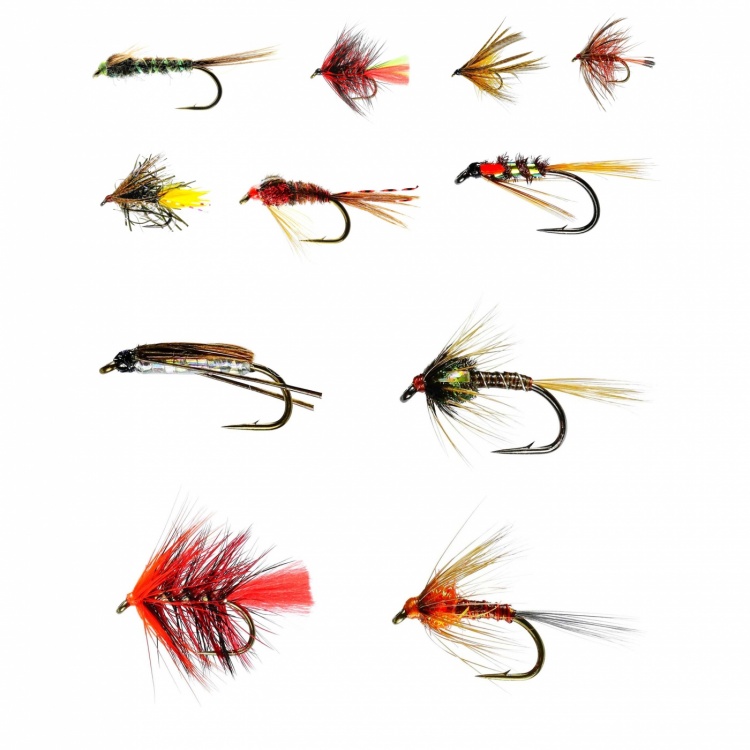
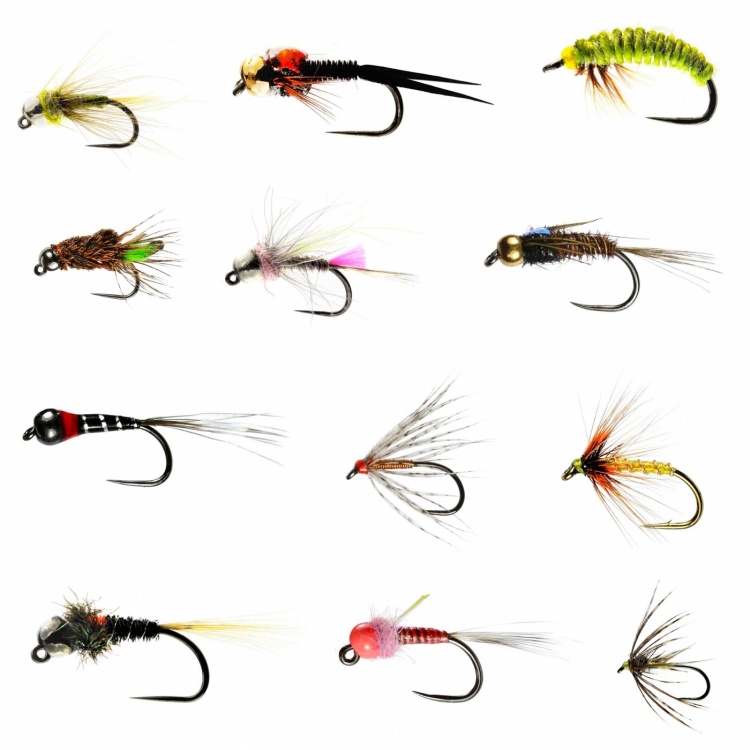
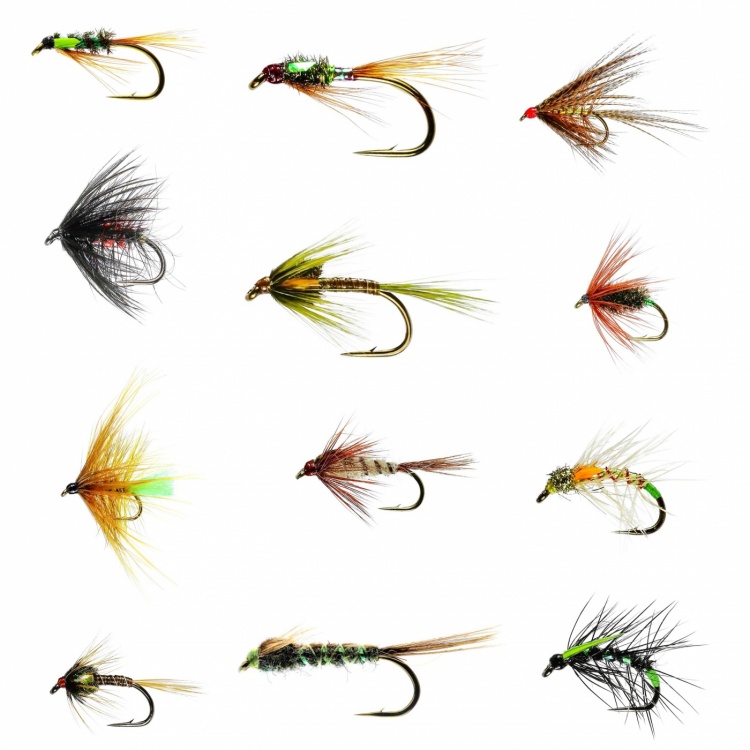
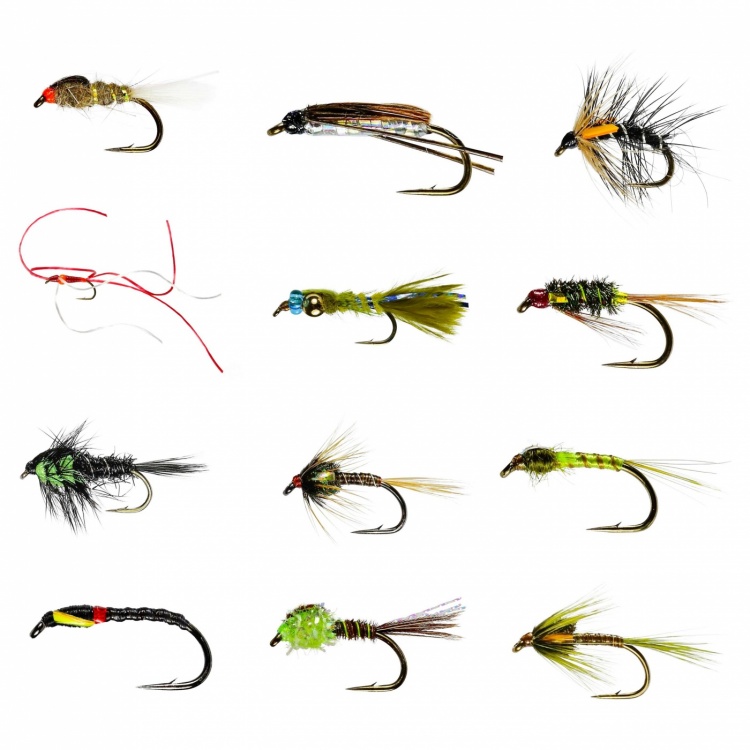

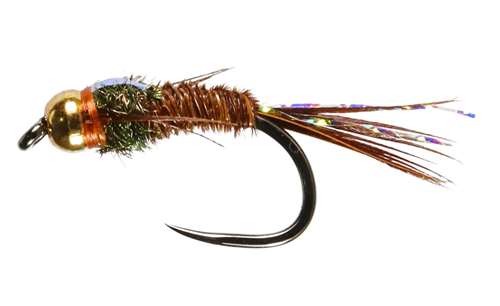
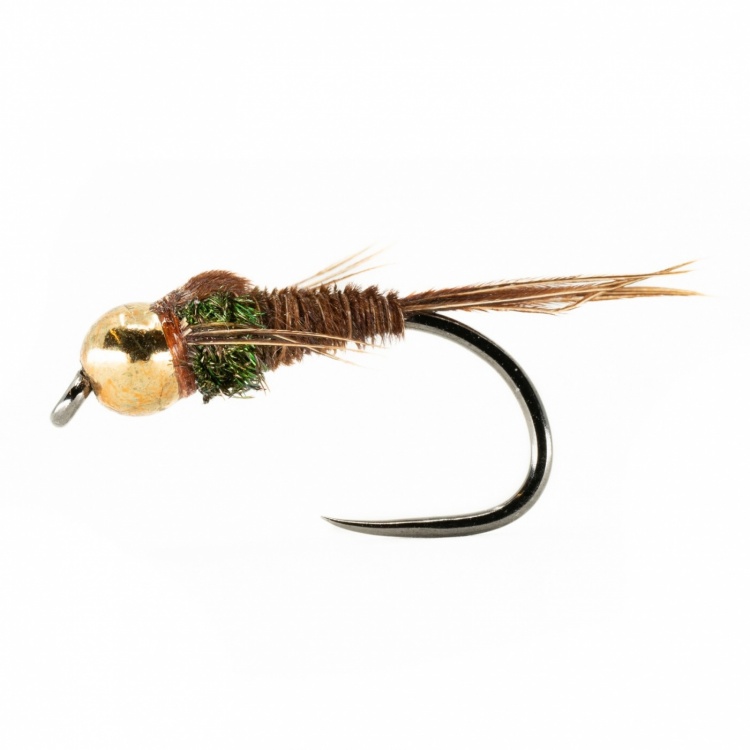



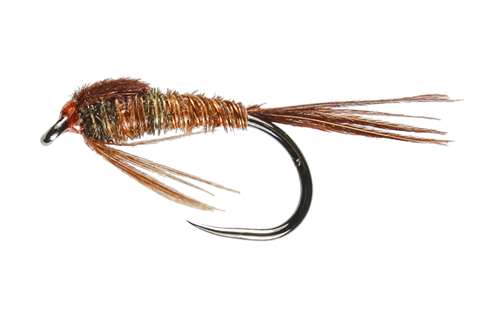
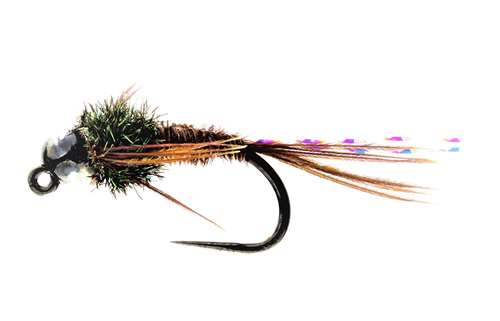
















.jpg)

